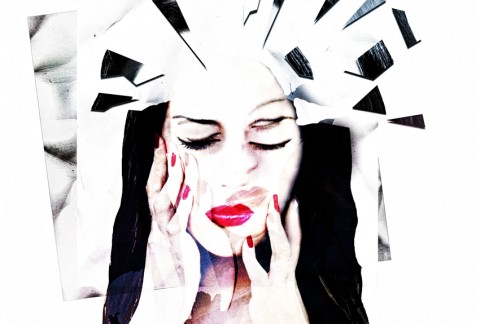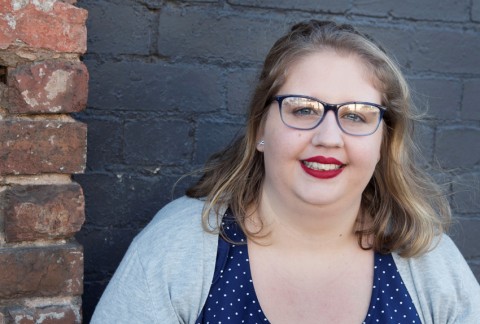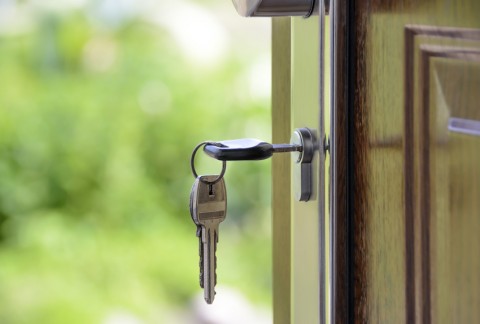Reading can be a tremendous source of solace as we navigate the ups and downs of life. Books that contain characters we relate to can provide a way to transcribe the messiness in our minds and understand other people's emotions. Mental illness can sometimes make it challenging to find the concentration required to read, but these nine books are wor...
The SANE Blog
Around three million Australians are affected by anxiety or depression.
It's a mental health issue that should be familiar to many. It may be a parent, sibling, spouse or friend, but someone you know will have experienced anxiety or depression at some stage in their life.
Yet, despite the prevalence and improved understanding, people living with anxiety or depression often experience stigma and misunderstanding. A laugh. A snide comment. A generalisation. No matter the malice, stigma hurts and can stop people from seeking help.
To help break down the stigma we asked five SANE Peer Ambassadors to list what people get wrong, and what they wished people knew about anxiety and depression.
I am the woman you want on your trivia team. I have an obsessive memory for facts. I thrive at work because I can draw on obscure documents I read four years ago.
I remember the birthdays and phone numbers of people I went to primary school with. I learn things quickly. I rarely get lost because I can look at a map and it imprints on my mind.
But about ten years ago I noticed something.
When I was in high school I visited my brother at university. I remember reading a sign that said, 'Feeling homesick? Feeling lonely?' and listed support services.
In my naivety I asked, 'How can you feel alone when you are surrounded by people?' Little did I know, three years later I would find out.
There was a girl. Her brain was set alight with the burn of silent agony but a smile was seared on her lips.
She was drowning, lost in a sea of confusion and distress. The waves of emotion washed her closer and closer to the shore of death, but she fought. Every day her mind and body grew weaker, her defences bruised and battered.
But she fought.
Why is the cliché 'life has its ups and downs' so difficult to apply when we find ourselves in a down moment?
If you find it a struggle to reverse a down day, remember we have the cliché because 'ups' exist as well.
It's not only the mood swings, delusions and hallucinations that Sarah has had to fight in her 15 year battle with schizoaffective disorder, she's also had to tackle stigma, misunderstanding and negative reactions.
She discusses how she's learnt to live with the symptoms and the public perception.
Content warning: Self-harm and hospitalisation.
It's okay not to be okay . . . trust me, because I learnt this the hard way.
My most recent episode started in January this year, I almost didn't notice it at first.
I started finding it harder to get out of bed, even after 14 hours' sleep, and felt anxious in social situations, meetings, anything that involved speaking up. It was the little things you're not quite conscious of.
Then, the little things started growing into more than little things.
Are you currently going through a time of change? A new job, starting university, getting married, buying a house, or living away from home for the first time?
This change may be obvious, subtle, unwanted or well-planned.
It's possible that you're experiencing stress regardless of whether it's a negative or positive change. Just how much stress depends on how you react to it.










